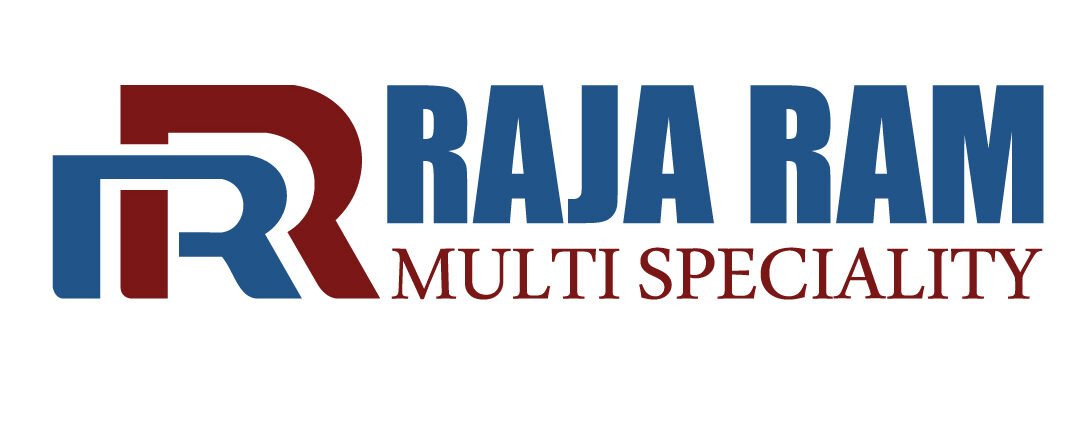
Endoscopic Nasal & Sinus Surgery
Endoscopic nasal and sinus surgery is a minimally invasive surgical technique performed to diagnose and treat conditions affecting the nasal passages and sinuses. This procedure involves the use of an endoscope, a thin, flexible tube with a light and camera at its tip, to visualize and operate within the nasal and sinus cavities. Endoscopic surgery is commonly employed to address chronic sinusitis, nasal polyps, and other sinus and nasal disorders.
Common Indications for Endoscopic Nasal and Sinus Surgery:
Chronic Sinusitis: Persistent inflammation of the sinuses that does not respond well to medical treatments may be an indication for endoscopic sinus surgery. The procedure helps improve sinus drainage and reduce the frequency and severity of sinus infections.
Nasal Polyps: Noncancerous growths that arise from the lining of the nasal passages or sinuses can obstruct airflow and contribute to chronic sinusitis. Endoscopic surgery allows for the precise removal of nasal polyps.
Sinus Cysts: Fluid-filled sacs within the sinus cavities may be addressed through endoscopic surgery, which can involve drainage or removal of the cysts to alleviate symptoms.
Deviated Septum: A crooked or deviated septum can cause nasal obstruction and difficulty breathing. Endoscopic surgery may be part of septoplasty, a procedure to correct the alignment of the nasal septum.
Endoscopic Nasal and Sinus Surgery Techniques:
Visualization: The endoscope provides a magnified view of the nasal passages and sinuses on a monitor, allowing the surgeon to identify abnormalities and guide the surgical instruments.
Balloon Sinuplasty: This minimally invasive technique involves inserting a small balloon into the sinus opening and inflating it to widen the passage, promoting drainage. It is often used in conjunction with endoscopic surgery.
Polypectomy: The removal of nasal polyps is a common procedure performed during endoscopic surgery. The surgeon uses specialized instruments to precisely excise the polyps.
Sinus Resection: In cases of chronic sinusitis or recurrent infections, the surgeon may remove inflamed or infected sinus tissue to improve drainage and alleviate symptoms.
Advantages of Endoscopic Nasal and Sinus Surgery:
Minimally Invasive: Endoscopic surgery involves small incisions or no external incisions, reducing tissue trauma, and promoting faster recovery.
Preservation of Healthy Tissue: The surgeon can target specific areas for intervention, preserving healthy nasal and sinus tissues.
Improved Visibility: The use of the endoscope provides enhanced visualization, allowing for precise and targeted surgical maneuvers.
Postoperative Care and Recovery:
After endoscopic nasal and sinus surgery, patients may experience some nasal congestion, mild discomfort, or temporary changes in smell. Postoperative care typically includes saline rinses, antibiotics, and pain medications as needed.
In conclusion, endoscopic nasal and sinus surgery is a highly effective and minimally invasive approach to address a variety of nasal and sinus disorders. By utilizing advanced visualization techniques, surgeons can precisely diagnose and treat conditions, leading to improved sinus function and relief of associated symptoms.

